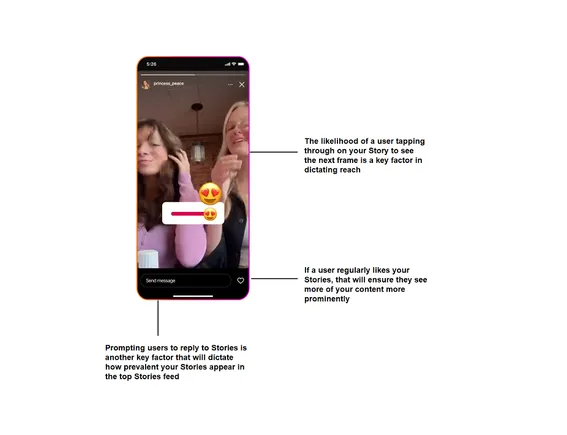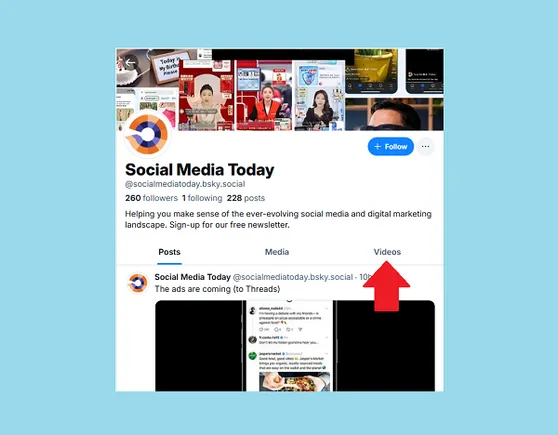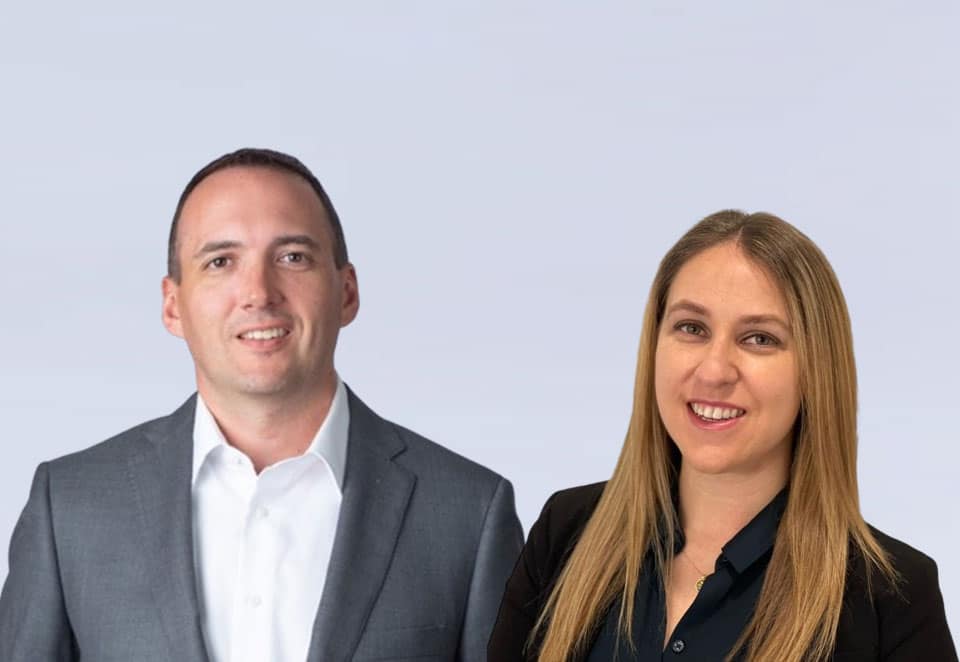No one can predict the future, but businesses that plan well are better poised to detect significant change early to respond effectively. Recent global events, including threats of a financial crisis, COVID-19, and armed conflicts, have demonstrated the need to adapt to new conditions. To thrive and survive, business leaders and their teams must be able to come together from various functional processes to plan effectively. Key to ensuring such effective planning is the fundamental element of trust.
Planning is challenging and doesn’t always come naturally. People and organizations must learn how to plan collaboratively, particularly in larger businesses where many people who work in diverse roles are brought together to connect and align various plans and link them to the business strategy. Not only must they be able to trust each other, but they must have trust in the data, trust in their leadership, and trust in the process. If a business is to be successful in connecting its strategy to planning and execution, trust must be absolute.
The challenges of trust are rooted in human behavior that often values one’s individual needs and desires above all others. Knowing this, it’s critical to promote trust throughout the organization.
Utilize these three foundational elements to instill trust within your organization:
- Ensure leadership alignment across business functions. An effective plan begins with leadership alignment.
At the outset, leadership establishes belief in the process, creating a foundation built on trust. Without it, the business has real costs, both hard and soft. Distrust amongst leaders inevitably cascades down through their teams. Instead of proactively solving problems, people focus their energy on preparing explanations for why they weren’t at fault. Accountability can’t be administered when business leaders don’t trust one another to share credible information to run the business. Their lack of alignment thwarts all sorts of collaborative efforts. Instilling trust begins with the endorsement of the most senior leader — the president, general manager, or CEO. Furthermore, trust is essential in breaking down silos and promoting cross-functional collaboration at lower levels in the company. - Assign the right person for the job.
It’s critical that those involved in developing and communicating the company’s business plans and goals are perceived as credible and trustworthy. Building trust involves more than just having the right answers; it requires being respected for one’s judgment and business acumen. Consequently, planning leaders must be skilled in cultivating trusting relationships and collaborating well with others. - Cultivate the ability to embrace change.
Fostering trust and trustworthiness invariably entails embracing change. Change is hard, especially for leaders, who must grapple with what any change means for their organization, while simultaneously falling under the scrutiny of their peers. Those who embrace change through more transparent and inclusive planning that looks beyond current assumptions or strategies will develop more agility in how they handle change. They will be trusted in articulating what change means for the rest of their team and the organization overall. Organizations with leaders who are skilled in embracing and leading change will cultivate an environment of trust throughout the company.
The result: A competitive edge
Leaders who embrace trust always seem to outperform their less-trusted peers. Companies with an ingrained culture of trust can attract the best talent, regularly achieve their goals and objectives, and offer rewarding careers for their employees. Trusting and trustworthy leaders spend less time politicking and more time leading. They are able to move their focus to working on business strategy and long-term goals.
As we look toward the next 20 years and try to predict what will come, the one constant will be people. Companies are made from people and thrive when people trust each other and can work together as a team. This results in better business decisions that ensure the realization of strategic plans and goals.
Written by Greg Spira and Charity Lopez .
Have you read?
Measuring Green: Environmental Performance Metrics and Strategies for Sustainable Business Practices.
Why Excelling at Your Job Isn’t Enough Today.
Real-World Solutions Making Capitalism More Equitable.
Leadership Excellence: Practical Approaches to Managing Perfectionism.
Jeff Smith, BlackRock Former HR Executive, Reveals How Psychology Can Shape Leadership Success.
Add CEOWORLD magazine to your Google News feed.
Follow CEOWORLD magazine headlines on: Google News, LinkedIn, Twitter, and Facebook.
This report/news/ranking/statistics has been prepared only for general guidance on matters of interest and does not constitute professional advice. You should not act upon the information contained in this publication without obtaining specific professional advice. No representation or warranty (express or implied) is given as to the accuracy or completeness of the information contained in this publication, and, to the extent permitted by law, CEOWORLD magazine does not accept or assume any liability, responsibility or duty of care for any consequences of you or anyone
else acting, or refraining to act, in reliance on the information contained in this publication or for any decision based on it.
Copyright 2024 The CEOWORLD magazine. All rights reserved. This material (and any extract from it) must not be copied, redistributed or placed on any website, without CEOWORLD magazine’ prior written consent. For media queries, please contact: info@ceoworld.biz
SUBSCRIBE NEWSLETTER





























































